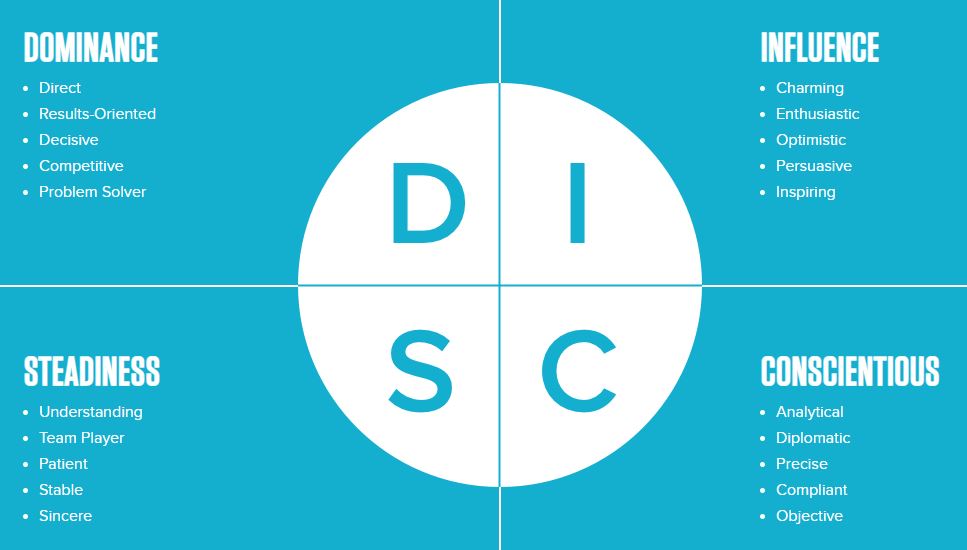ADVANCED ON PURPOSEAn educational blog with purposeful content. We welcome open and polite dialogue, and expect any comments you leave to be respectful. Thanks! Archives
May 2023
Categories
All
|
Back to Blog
4 MIN READ This article is the 2nd in a series. Read the introduction article "Defining Your Strengths as a Leader." I took DiSC through the Tony Robbins website thanks to social justice comrade and career coach Anthony Le’s recommendation. I’ve participated in a Tony Robbins seminar as a teenager, so to take something as an adult almost 20 years later was exciting! DiSC is an observable “needs-motivated” instrument based on the idea that emotions and behaviors are neither “good” nor “bad.” Rather, behaviors reveal the needs that motivate that behavior. Therefore, once we can accurately observe one’s actions, it is easier to “read” and anticipate their likely motivators and needs. DiSC provides your ADAPTED style and NATURAL style, represented as graphs and word sketches. As an example, for People, the words that indicate my needs, fears, and what’s observable are:
Define Your Strengths with DiSC Activity
What if you decide not to take it? Reflect on a colleague or loved one in your life who could benefit from the activity and tell them about it! My Behavior Style is Assessor. Key behavioral insights that stand out to me that I will need to keep in mind to strengthen my relationships are:
The insights I get to take home with me and contemplate as I move forward are lists of “Help Them Tos” adapted for different situations such as At Work, In Social Settings, and In Learning Environments. Lastly, you get a summary of your motivation which tags seven (7) Motivators as Very Low to Very High. My breakdown was:
Knowing that Altruistic motivation is my highest, key universal assets that stand out to me that I will need to keep in mind are:
My Take-aways on DiSC
Now that you’ve reviewed one assessment, take a look at Assessment #2 on Emotional Intelligence. Related articles
About Author: Meredith "Mer" CurryMer has always had a passion for education and helping historically underrepresented groups achieve access and success to higher opportunities. She has consulted nonprofits, educational institutions, and businesses in addition to her volunteerism and mentorship of students.
Learn more about Mer at www.meredithcurry.com.
2 Comments
Read More
Leave a Reply. |
Photo from CityofStPete

 RSS Feed
RSS Feed


